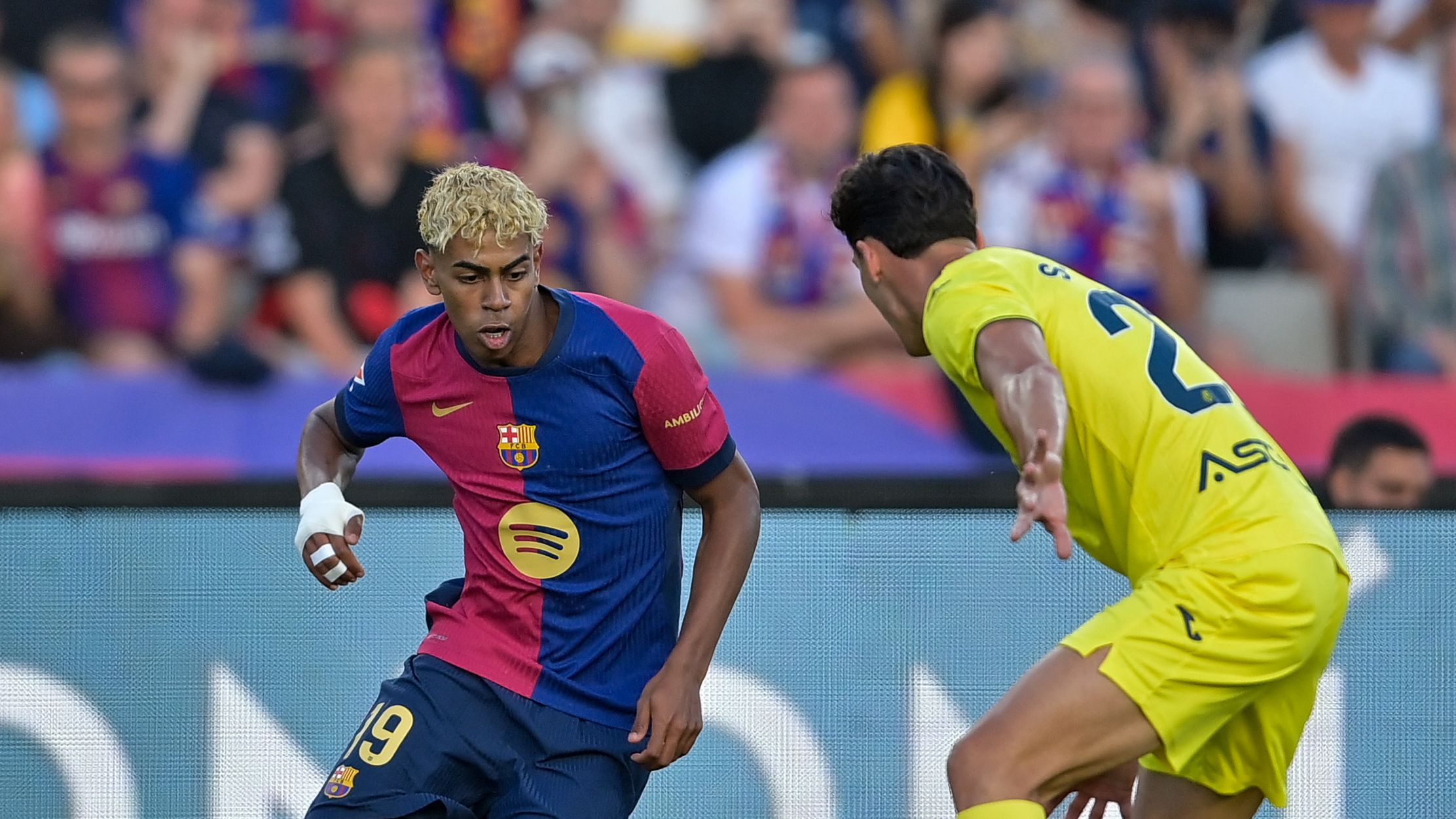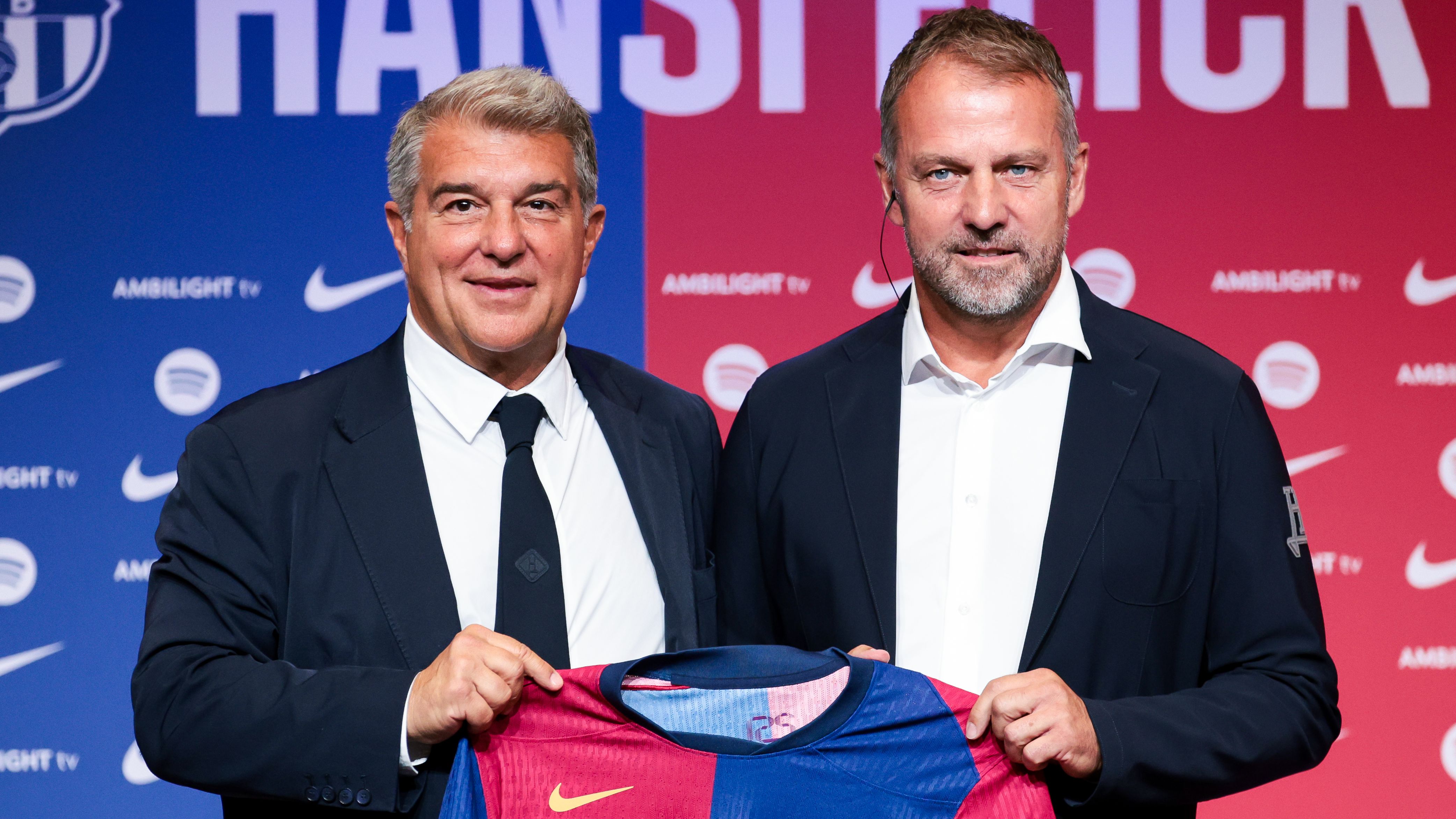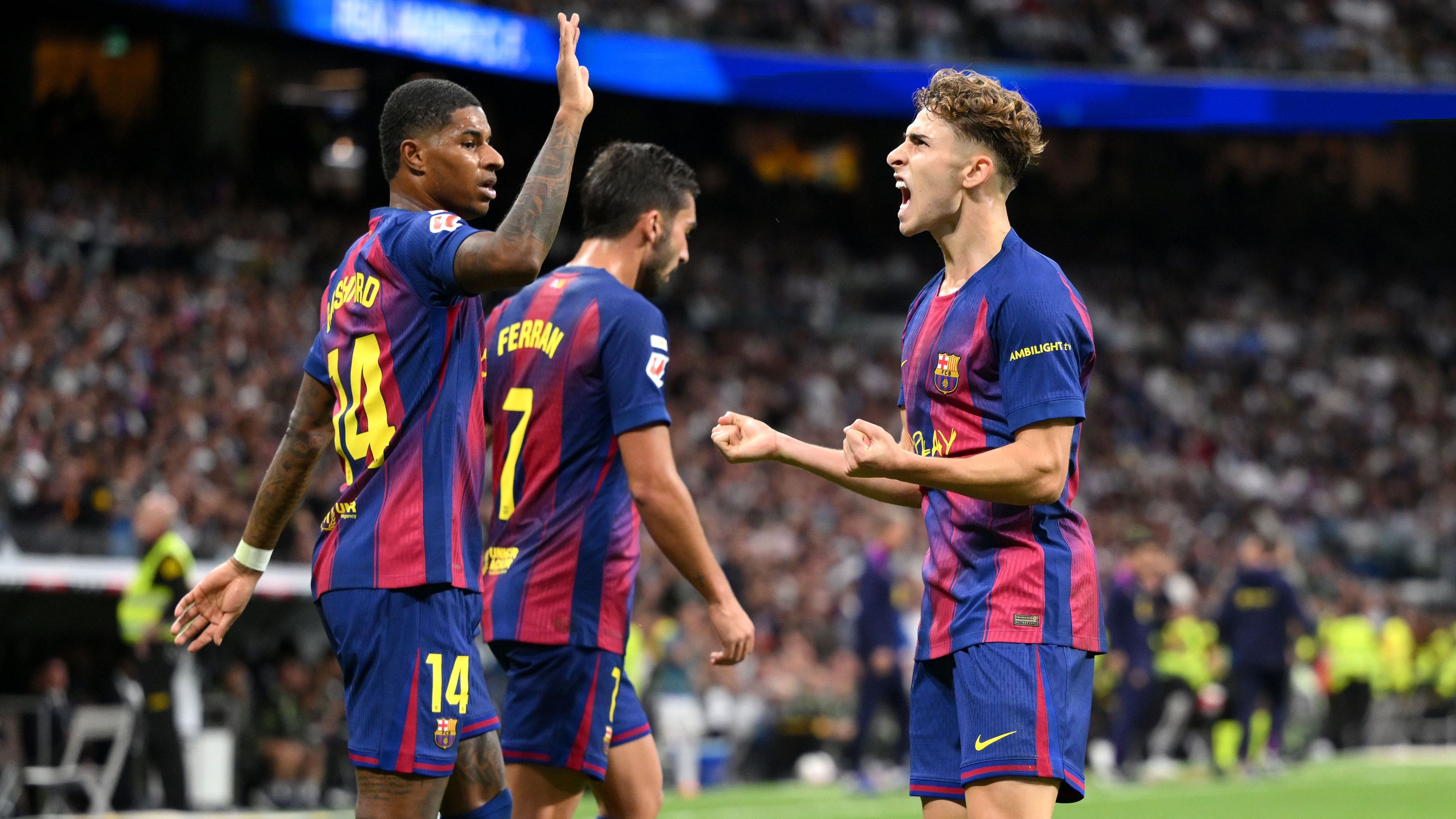Barcelona’s Bold Move: Securing Financial Gains with a Peru Showdown
In the world of football, Barcelona is actively pursuing a high-stakes friendly in Peru to offset significant lost earnings, offering a vital financial boost as the team navigates ongoing economic challenges. Drawing from reliable reports, this potential event in late December could yield up to €8 million, helping the club reinforce its revenue stability in a competitive landscape.



Exploring the Roots of Barcelona’s Financial Setback
The Scrapped Miami Encounter and Its Impact
Amid shifting plans, Barcelona’s anticipated clash with Villarreal at the Hard Rock Stadium in Miami, originally lined up for December 20, fell through when organizers pulled out. This decision stemmed from complications in Spain, including limited readiness and escalating political tensions, as acknowledged by La Liga and the involved parties. For the team, this represented a substantial commercial letdown, disrupting their carefully laid financial strategies.
Evaluating Alternative Opportunities and Safety Priorities
Earlier, Barcelona turned down an invitation for a game in Libya that promised around €5 million, prioritizing player welfare over potential profits. Shifting focus, the Peru option now stands out as a smart way to reclaim those funds, particularly after the recent disappointment in Miami, allowing the club to adapt and pursue safer, more rewarding ventures.
Leadership’s Role in Shaping the Path Forward
Key Discussions and Financial EmphasIs
At the Joan Gamper training facility, club leader Joan Laporta engaged directly with the squad, head coach Hansi Flick, and chief planner Deco to signal strong support for the Peru initiative. In these talks, Laporta stressed the event’s role in addressing the season’s dip in business earnings, framing it as a pivotal step toward fiscal resilience.
Scheduling and Strategic Timing of the Proposed Friendly
Aligning with the Football Calendar
The exhibition is envisioned to follow Barcelona’s last La Liga game of 2025 and precede the winter pause, potentially mirroring the timing of the aborted Miami fixture. To keep things smooth, the club is coordinating with the Spanish Players’ Union to verify that the schedule respects rest periods outlined in labor agreements, ensuring a balanced approach for everyone involved.
Building on Past International Engagements
Should this plan move ahead, it would be the team’s second international outing in December, echoing their 2023 U.S. face-off with Club America. Peru’s vibrant market aligns seamlessly with Barcelona’s efforts to expand their worldwide presence, supporting Laporta’s vision for deeper connections in Latin America and enhancing global fan engagement.
Broader Implications for Football’s Global Expansion
Critiques of League-Wide Initiatives
The Miami cancellation has sparked fresh discussions around La Liga’s approach to international expansion, a vision long promoted by its chief. He has labeled the decision as shortsighted, pointing fingers at domestic regulators and rivals for hindering the growth of overseas competitions, which could limit the sport’s broader appeal.
Barcelona’s Independent Commercial Tactics
In response, Barcelona is forging ahead with its own tactics, using friendlies and tours to sustain revenue flows outside official channels. This Peru deal exemplifies their proactive stance, with the expected €8 million not only filling the gap from Miami but also bolstering funds for the demanding 2026 season, including the debut of the revamped Camp Nou.
Navigating Ongoing Economic Challenges
The Importance of Global Ventures for Stability
For a team still emerging from prolonged budgetary struggles, such opportunities are essential, even with gains from sponsors and European tournaments. Barcelona meticulously assesses each overseas activity for its economic value, helping them manage slim financial resources effectively.
Finalizing Details and Anticipated Outcomes
Potential Scheduling and Event Logistics
This friendly could wrap up Barcelona’s activities for 2025, possibly occurring shortly after their home league match against Villarreal. With ongoing negotiations, the club views this as feasible, backed by optimistic budget forecasts and no significant timetable issues.
Excitement in a New Territory
Upon confirmation, this would mark Barcelona’s inaugural senior visit to Peru, a nation buzzing with football enthusiasm and deep cultural links to the sport. Experts predict a packed venue and widespread media exposure throughout the region, amplifying the event’s reach.
Looking Ahead to the New Year
As the team prepares, their first official game of 2026 against Espanyol is slated for early January, underscoring the need for efficient rest to maintain performance levels moving forward.
Background on the Canceled Miami Game
FC Barcelona, one of the world’s most iconic football clubs, recently faced a significant setback when their planned friendly match against Villarreal in Miami was canceled. This event, which was anticipated to boost international revenue, highlighted the challenges of organizing global friendlies amid regulatory and logistical hurdles. The cancellation stemmed from issues like visa complications and local authority approvals, leaving fans disappointed and the club dealing with financial repercussions.
As Barcelona navigates this loss, club officials have emphasized the importance of exploring alternative markets to maintain their global appeal. Keywords like “FC Barcelona international matches” and “canceled Miami game against Villarreal” have been trending in sports discussions, reflecting fans’ curiosity about how the club plans to recover.
Reasons for the Cancellation
The decision to cancel the Miami game wasn’t taken lightly. According to reports, factors such as:
- Regulatory obstacles: U.S. regulations on international sports events created unexpected delays, including restrictions on player participation and stadium logistics.
- Financial risks: With rising costs for travel and security, the club assessed that proceeding might not yield the expected revenue, especially in a post-pandemic era where “global football revenue strategies” are under scrutiny.
- Fan and stakeholder concerns: Safety protocols and potential backlash from domestic leagues like La Liga played a role, as they often prioritize home games to protect league integrity.
This situation underscores the volatility of “international friendly matches” and their impact on a club’s bottom line. For instance, similar incidents have affected other teams, but Barcelona’s proactive approach sets them apart.
Barcelona’s Strategy to Recover Revenue
In response to the revenue loss from the Miami cancellation, FC Barcelona has shifted focus to South America, finalizing plans for a high-profile match in Peru. This move is part of a broader strategy to diversify income streams through “Barcelona match in Peru” initiatives, targeting emerging markets where the club’s fanbase is growing rapidly.
The Peru game, slated as a friendly against a local or regional team, aims to generate excitement and offset the estimated millions in lost ticket sales, broadcasting rights, and merchandise from the U.S. event. By leveraging Peru’s passionate football culture, Barcelona is positioning this as a key opportunity for “revenue compensation strategies” in international football.
Key Details of the Peru Match Plans
Here’s a breakdown of what fans can expect:
- Venue and date: The match is set for a major stadium in Lima, potentially in early 2026, aligning with off-season schedules to maximize attendance and TV viewership.
- Opponents and format: Discussions are underway for Barcelona to face a Peruvian national team or a top club like Alianza Lima, ensuring a competitive yet fan-friendly spectacle that incorporates elements of “FC Barcelona global tours”.
- Economic projections: Club executives project this event could recoup up to 70% of the lost Miami revenue through partnerships with local sponsors, highlighting the club’s savvy use of “international football revenue recovery”.
To enhance engagement, Barcelona plans to integrate fan experiences, such as meet-and-greets and community events, which have proven effective in past tours.
Benefits of Hosting a Match in Peru
Organizing a match in Peru offers multiple advantages for FC Barcelona, extending beyond immediate financial gains. This initiative supports the club’s long-term goal of expanding its Latin American presence, where “Barcelona fan engagement in South America” is on the rise.
Economic and Marketing Gains
- Revenue diversification: By tapping into Peru’s growing economy, the club can secure new sponsorship deals and broadcasting contracts, potentially increasing overall “global football revenue” by 20-30%.
- Brand expansion: Events like this boost merchandise sales and social media reach, with keywords such as “Barcelona in Peru” driving organic search traffic.
- Community impact: The match could include charity tie-ins, like youth football clinics, aligning with Barcelona’s ethos of social responsibility and enhancing their SEO-friendly narrative around “sustainable football initiatives”.
Potential Challenges and Solutions
While exciting, this plan isn’t without hurdles:
- H4: Logistical considerations: Travel fatigue for players is a concern, but Barcelona’s medical team is preparing customized recovery protocols to ensure peak performance.
- H4: Regulatory compliance: Drawing from past experiences, the club is working closely with local authorities to avoid repeats of the Miami issues, focusing on streamlined permits and fan safety.
- H4: Fan accessibility: To address ticket affordability, options like tiered pricing and digital platforms will be used, making the event more inclusive.
This strategic pivot demonstrates Barcelona’s resilience, turning setbacks into opportunities for growth. By emphasizing markets like Peru, the club is not only compensating for lost revenue but also fostering deeper connections with global fans.
How This Fits into Barcelona’s Global Vision
FC Barcelona’s decision reflects a commitment to innovation in “international friendly revenue strategies”. Historical data from the club’s archives shows that similar moves have led to record-breaking attendance and partnerships[başvurmak:[başvurmak:https://www.fcbarca.com/liga-mistrzow/terminarz], reinforcing their status as a global powerhouse.
Looking ahead, this Peru match could serve as a template for future events, blending “FC Barcelona revenue compensation” with cultural exchange. Fans are encouraged to stay updated via official channels for tickets and highlights, ensuring they don’t miss out on this thrilling chapter.









